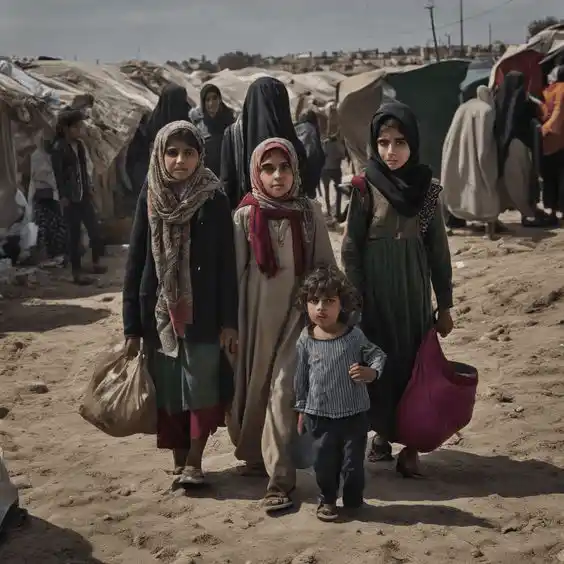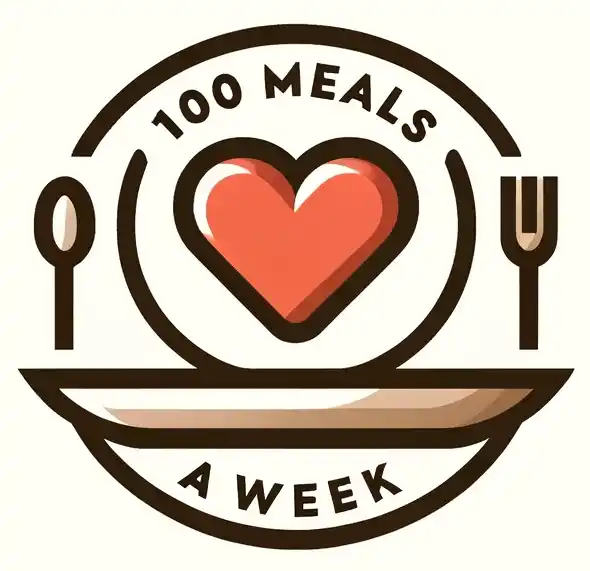Gaza Crisis: The Struggle for Aid, Dignity, and Long-Term Change

More than 1 year has passed since Gaza plunged into turmoil, yet the scale of suffering continues to grow, defying typical cycles of crisis and recovery. For many, this situation isn’t merely a headline but an ongoing reality, prompting questions about the world’s responsibility toward vulnerable populations living under constant threat.
The story unfolding in Gaza reveals a humanitarian need so deep that it has begun reshaping the global dialogue on humanitarian aid and, fundamentally, on human dignity itself.
What is Humanitarian Aid?
Humanitarian aid is often seen as the world’s response to immediate suffering—a lifeline extended to communities facing unimaginable hardship. At its core, it is the provision of essential resources—food, water, shelter, medical care—to support people in the midst of crises, from natural disasters to conflicts. Yet, beyond these basic supplies, humanitarian aid embodies a commitment to preserving human dignity, protecting lives, and providing hope where despair looms largest.
A Crisis Beyond Relief
Since the October 2023 escalation, the numbers are staggering: over two million people are in need, and nearly all of Gaza’s population now relies on some form of aid. Yet, the limitations in addressing this crisis are not just logistical—they are existential. Gaza’s history of economic isolation and limited access to resources created a situation where many residents were already dependent on aid, facing barriers to self-sufficiency long before this crisis. Now, aid agencies are navigating a fractured humanitarian landscape, hindered by restricted access and stretched resources. It is a struggle not just to respond to the present needs but to address the deep-seated structural issues that prevent long-term recovery.
The Exile Within: Displacement and the Fragmentation of Home
Home has become a fragile, temporary concept for nearly 85% of Gaza’s residents, who have been displaced from their neighbourhoods. Unlike traditional displacement narratives, where safety is found across borders, Gazans are internally displaced in a confined space, creating pockets of makeshift shelters within a region already under strain. Southern Gaza bears the brunt of this internal migration, but the facilities there were never designed to accommodate an influx of this scale. This crisis of forced proximity not only threatens basic needs like water and sanitation but fractures social networks and erodes the sense of community—one of the few sources of resilience left for many.
Beyond Food Insecurity: The Spectre of Famine
In recent months, Gaza’s food systems have been reduced to near-collapse. With local farming and fishing industries severely hampered, food insecurity has shifted from a chronic issue to an acute one, verging on famine. For some, the gap between meals has stretched to days rather than hours. The traditional mechanisms that provide for a population’s sustenance—agriculture, livestock, and trade—have been disrupted, leaving international aid as the sole lifeline. However, the unpredictability of aid access underscores a broader question: how can a community rebuild its food sovereignty when there is no stable foundation to return to?
The Legacy of Childhood Trauma
For Gaza’s children, the crisis represents not only a threat to survival but to the very fabric of their futures. With 50,000 children under the age of five suffering from acute malnutrition, the physical impacts are immediate. Yet, the unseen wounds—psychological trauma, interrupted education, and a disrupted sense of security—will persist long after the dust settles. For a generation raised in a cycle of displacement and conflict, the promise of a stable future is fading. International organizations are stepping in, but the sheer scale of psychological and developmental needs in Gaza suggests that this crisis may have consequences for decades to come.
Rethinking Responsibility: The Global Response
Aid organizations are working tirelessly to deliver life-saving supplies, yet their efforts highlight the tension between emergency relief and sustainable solutions. The crisis in Gaza raises profound questions for the international community: How do we respond to situations where the root causes of suffering are entrenched and politically complex? What does solidarity mean when traditional aid mechanisms can only offer temporary relief?
Many NGOs are finding ways to work within these limits, bringing in resources like water, therapeutic food, and hygiene kits. But even these critical interventions are a reminder of how constrained the humanitarian system can be in the face of large-scale, sustained crises. This response, while crucial, underscores a broader issue: emergency aid is only a stopgap in a landscape that desperately needs long-term structural solutions.
The Road Ahead: Moving Beyond Crisis Management
The situation in Gaza calls for a shift in perspective, one that moves beyond crisis management to address foundational issues. For the global community, Gaza is not just a humanitarian obligation; it is a reflection of our collective commitment to human dignity. A crisis on this scale requires a comprehensive approach that includes economic support, political solutions, and a reimagining of how aid can create pathways to self-sufficiency, rather than dependency.
This crisis urges us to reconsider the role of international aid—not just as a means to alleviate immediate suffering but as a bridge to a more stable, self-sustaining future for Gaza’s residents. The people of Gaza, particularly its children, deserve more than survival. They deserve the promise of a future where they can rebuild their lives with dignity, free from the cycle of crisis.
How long can we offer temporary relief without addressing the causes of suffering?
